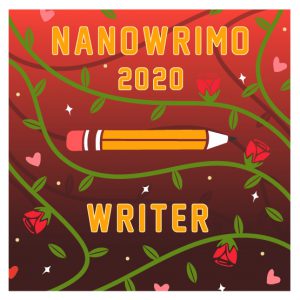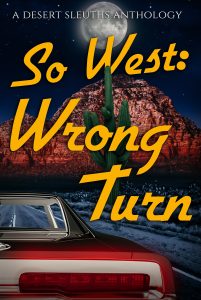If you have been following along our NaNoWriMo (National Novel Writing Month) preparation series, now is time for some reflection. Let’s mull over not only what we have accomplished so far, but also how we might apply reflective moments to our novel.

Time to Gather Your Thoughts
We’ve done a lot of work over the last few days, so let’s take a bit of a breather. Look over your notes. If you’d like, complete the character sheets, file your research notes, and take a few minutes to organize. Evaluate what you’ve done, and jot down your thoughts and feelings about your novel so far. After you’ve done that, plan what you personally need to do before your start writing on November 1, like prepare meals, clean the house, stock up on supplies, etc.
How is your planning going? Please let me know if you have questions or if you’d like to see a particular topic covered.
Tip: Organizing not your strength? The Colorado Writer’s Collaborative recently posted a video about keeping up with your writing goals via sticky notes. Basically, you write your goals on sticky notes and then prioritize them. The woman had a board organized into three rows: do now, do soon, and do later. As she complete the “do now” row, she removed those stickies and moved up the others, adding as needed. I’ve used it for a few weeks for my to-do list and it is a pretty useful system. The only problem I’ve had is that sometimes I forget to break big projects into smaller, doable steps.
Unfortunately, they have removed the video.
Reflection in Your Novel
Now that you have some idea how useful reflection can be, it is time to apply it to your manuscript.
Not long ago I took a class from C.S. Lakin and she discussed what she calls the “Action-Reaction Cycle.” It was one of those moments when I said, “That is so obvious, so intuitive, why didn’t I ever think of it?” Once you grasp the idea that for every action/event in your novel, you need to allow some time for your characters (and at the same time readers), to react emotionally, reflect on, and process what happened, it fundamentally changes how you write. For the better.
If you’d like to read a novel that does this well, try The Hit by David Baldacci (review).
Action:
Reel did not do the obvious…
She counted to three and slammed not the gas, but the brakes.
Smoke poured from her rear wheels as traffic veered around her.
Once Reel checks into a hotel, she takes stock.
For now, Reel continued to stare outside as the rain fell.
It was a gloomy day. It perfectly matched her life.
They had clearly won this round. She had to hope it would be their only victory against her.
Exercise: Visualize an action scene that would fit your novel. Now, picture your protagonist taking a break to react, perhaps talking through what happened and how they feel about it with family, friends, or even their irritating colleague.
In a few days we will start to prepare the structure for the novel, then start a rough outline (only rough, you pantsers who panic at the thought of outlines). Plan to leave room for quiet time and reaction/reflection.
#####
Visit our 30 Day Novel Prep Page for all the links.





Leave a Reply